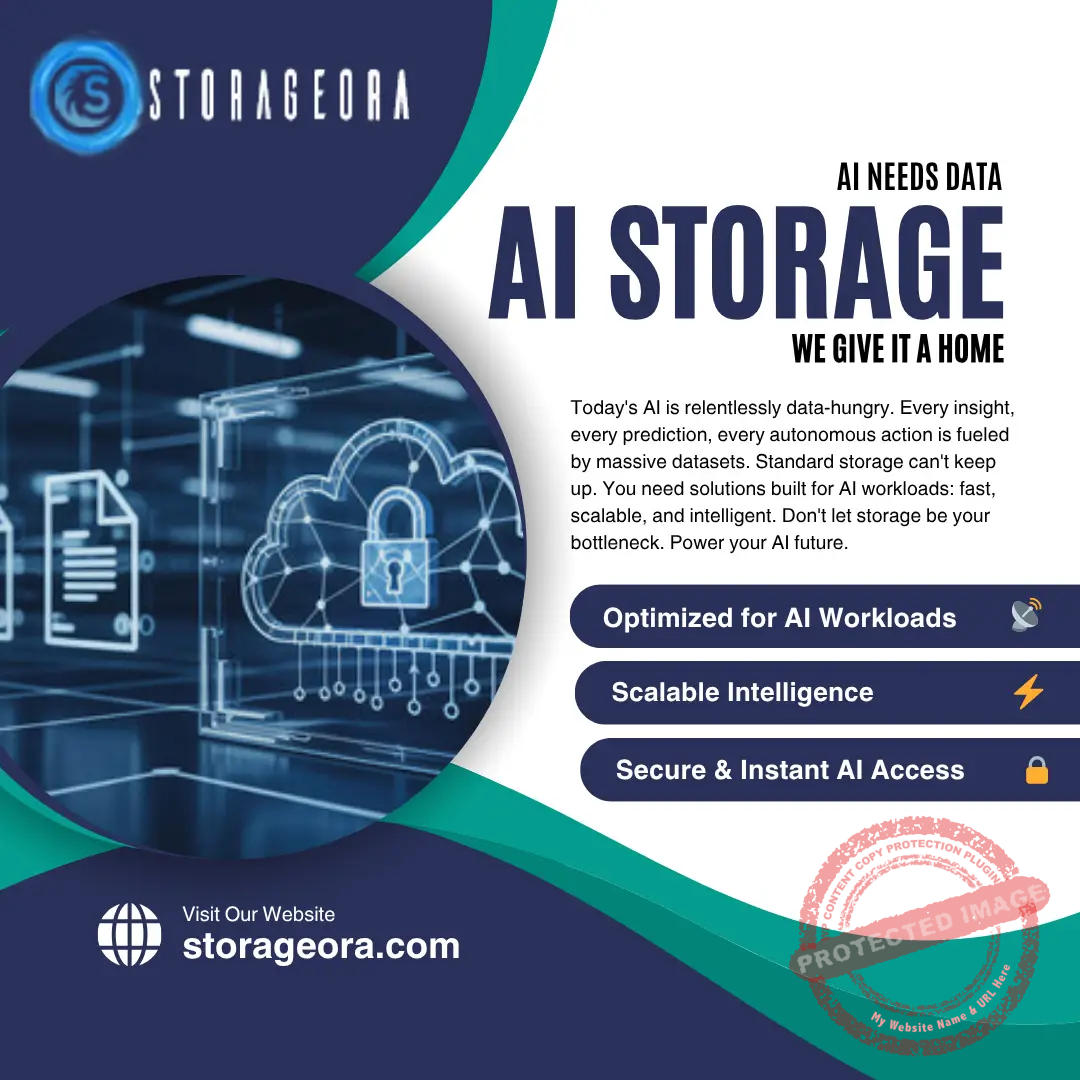How Leading Innovators Are Turning Quantum Theory into Real-World Computational
Power.
The Quantum Breakthrough Moment
For decades, quantum computing has hovered at the edge of possibility—an exciting concept often described as “the future of computation.” That future is now arriving faster than expected.
In 2025, the world is witnessing what experts are calling the dawn of practical quantum advantage—the point where quantum computers begin to outperform classical supercomputers in solving meaningful, real-world problems.
From drug discovery to cryptographic analysis, quantum systems are now demonstrating measurable, applicable value, signaling the start of a new era in computational science.
What Quantum Advantage Really Means
The term quantum advantage represents a key milestone—when quantum machines can solve specific problems faster or more efficiently than any classical computer could, even theoretically.
While quantum supremacy refers to outperforming classical computers in any computation, quantum advantage focuses on usefulness. It’s about impact: simulating molecules, optimizing logistics, or modeling financial risk with unprecedented precision.
Recent breakthroughs from IBM, Google, and IonQ have moved the field from laboratory experiments to early commercial applications, proving that quantum processing is no longer just academic—it’s becoming operational.
How Quantum Computing Works: Bits vs. Qubits
At the heart of quantum computing lies the qubit—a quantum bit that can exist as 0, 1, or both simultaneously through a property called superposition. When combined with entanglement and interference, qubits can perform complex computations by exploring multiple possibilities in parallel.
Unlike classical systems, which process data sequentially, quantum computers manipulate probability amplitudes to solve highly multidimensional problems—making them ideal for challenges in chemistry, materials science, and cryptography.
The Hardware Race: Superconductors, Trapped Ions, and Beyond
The path to scalable quantum hardware is as diverse as it is competitive.
-
Superconducting qubits (championed by IBM, Google, and Rigetti) use ultra-cold circuits to maintain quantum coherence.
-
Trapped-ion systems (developed by IonQ and Quantinuum) employ atomic ions held in electromagnetic fields, offering exceptional stability.
-
Photonic quantum processors (led by Xanadu and PsiQuantum) use light particles to perform quantum logic at room temperature.
Each approach offers trade-offs between speed, error rates, and scalability—but all are converging toward one shared goal: quantum reliability and accessibility.
From Labs to the Cloud: Democratizing Quantum Access
Quantum computing is no longer confined to elite research facilities. Through cloud-based quantum platforms, anyone—from startups to universities—can now experiment with real quantum hardware.
IBM’s Quantum Experience, Amazon’s Braket, and Microsoft’s Azure Quantum are making quantum programming accessible through hybrid APIs, simulators, and open SDKs like Qiskit and Cirq.
This democratization of access is accelerating innovation, allowing thousands of developers to build, test, and refine quantum algorithms in real time.
Industry Applications Emerging in 2025
The early stages of quantum advantage are already being felt across industries:
-
Pharmaceuticals: Quantum simulations are revolutionizing molecular modeling and accelerating drug discovery timelines.
-
Finance: Banks are using quantum algorithms to optimize portfolios, assess risk, and detect fraud.
-
Logistics: Quantum optimization is helping global carriers minimize fuel use and route congestion.
-
Materials Science: Researchers are designing superconductors and alloys that classical simulations could never model accurately.
These examples mark a pivotal moment where quantum value creation is measurable—and growing.
Challenges on the Road Ahead
Despite the breakthroughs, major challenges remain:
-
Error correction: Quantum states are fragile and prone to decoherence.
-
Scalability: Increasing qubit counts without sacrificing fidelity remains a critical hurdle.
-
Standardization: The field lacks unified programming standards, complicating cross-platform development.
-
Talent gap: Quantum specialists are in short supply, driving demand for education and workforce training.
Nevertheless, rapid progress in quantum error correction and fault-tolerant architectures is bringing long-term stability closer than ever.
The Global Quantum Race
Governments and corporations worldwide are investing heavily in quantum R&D. The U.S. National Quantum Initiative, the EU Quantum Flagship, and China’s Quantum Network Program are driving competition that echoes the early days of the space race.
This competition is not just about technological prestige—it’s about securing strategic and economic advantage in the coming “quantum decade.”
Closing Thoughts and Looking Forward
Quantum advantage is no longer theoretical—it’s the emerging reality of computing. As quantum processors grow in power and reliability, they will redefine what’s computationally possible.
The next frontier will focus on hybrid quantum-classical architectures, where quantum systems accelerate the hardest computations while classical machines handle orchestration and integration.
We are standing at the threshold of the quantum age, where innovation will accelerate at a speed that challenges our imagination—and reshapes every field that depends on computation.
References
-
“IBM’s Quantum Roadmap: Toward 1000+ Qubits” – IBM Research Blog
https://research.ibm.com/blog/ibm-quantum-roadmap -
“Google’s Quantum Breakthrough: Beyond Supremacy” – Nature
https://www.nature.com/articles/d41586-023-02819-3 -
“IonQ Achieves Commercial Quantum Advantage” – TechCrunch
https://techcrunch.com/2025/03/22/ionq-commercial-quantum-advantage -
“Quantum Cloud Platforms Explained” – Microsoft Azure Quantum Blog
https://azure.microsoft.com/en-us/blog/quantum-cloud-platforms-explained/ -
“The Global Quantum Race: Who’s Winning?” – MIT Technology Review
https://www.technologyreview.com/2024/12/15/the-global-quantum-race-whos-winning/
Author: Serge Boudreaux – AI Hardware Technologies, Montreal, Quebec
Co-Editor: Peter Jonathan Wilcheck – Miami, Florida
Post Disclaimer
The information provided in our posts or blogs are for educational and informative purposes only. We do not guarantee the accuracy, completeness or suitability of the information. We do not provide financial or investment advice. Readers should always seek professional advice before making any financial or investment decisions based on the information provided in our content. We will not be held responsible for any losses, damages or consequences that may arise from relying on the information provided in our content.





 AMD
AMD TMC
TMC IE
IE MSI
MSI NOK
NOK DELL
DELL ECDH26.CME
ECDH26.CME